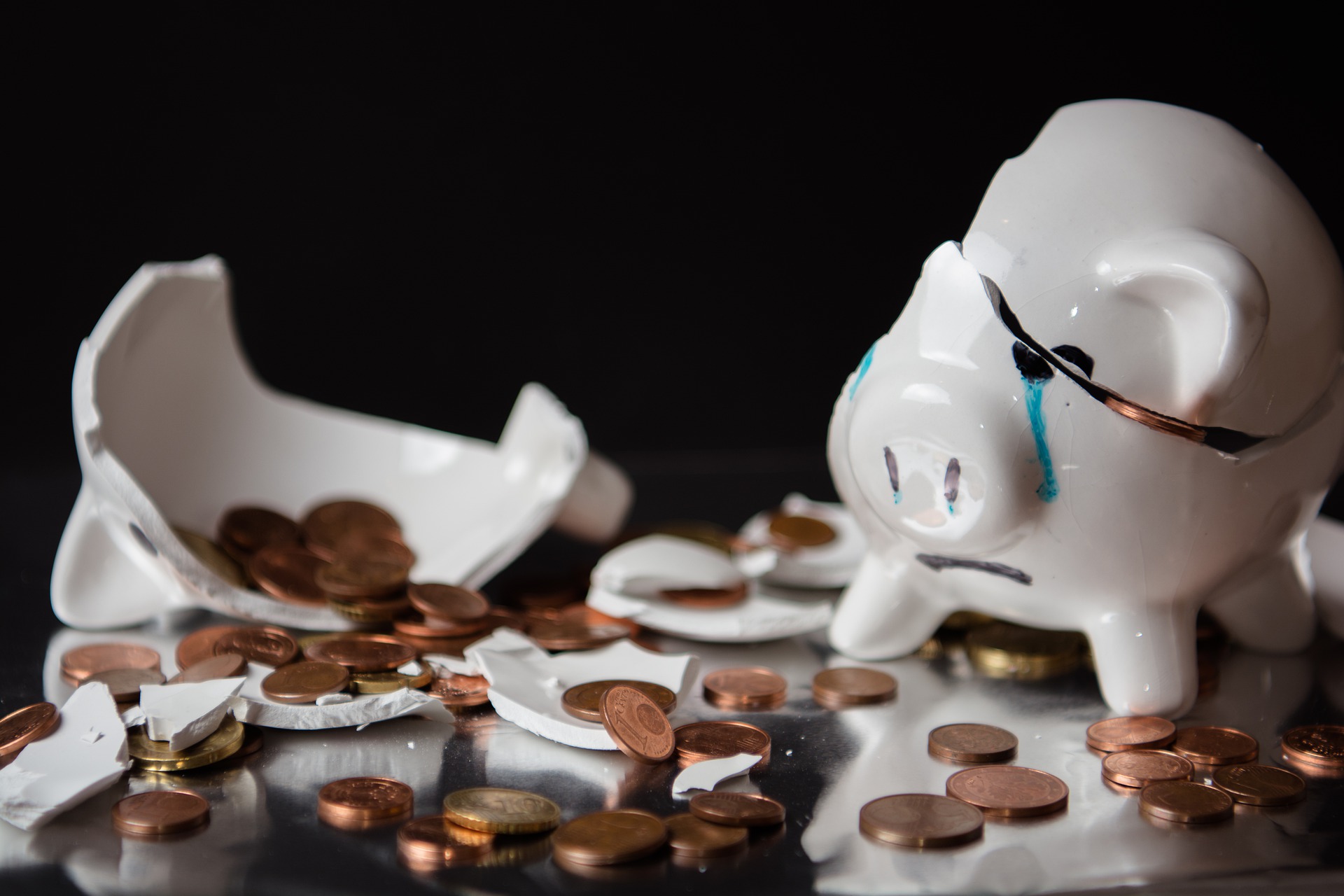
Q: The last few months have been really tough on my finances, and I’ve been forced to use my savings for getting by. My emergency fund and savings account are basically zero. Now that my financial situation is starting to improve, I’d like to start building these up again, but it’s all so overwhelming. Where do I begin?
A: Watching savings that took you years to build up disappear in just a few months can be disheartening, but it’s important to remember that you’ve made the right choice. Using emergency funds to survive prolonged unemployment, an unexpected large expense or a medical emergency is the best way to make it through a financial hardship. If your savings are depleted, though, you’ll want to start rebuilding as soon as possible to ensure you have the funds to cover a future financial challenge without falling deeply into debt.
Here’s how to start your rebuilding plan:
Set a goal
Before getting started on saving up money, it’s a good idea to establish a tangible goal. What’s your magic number? You can try to recover the value of the savings lost, or start smaller, with a more attainable goal. Bear in mind that experts recommend having funds to cover three to six months’ worth of living expenses set aside in an emergency fund or savings account.
Review your budget and trim your spending
A good place to start finding those extra dollars for savings is by carefully reviewing your spending for ways to cut back. Look for expenses that can make a difference in a monthly budget without dramatically affecting your quality of life. Think about subscriptions or services that are rarely used, a dining-out budget that can be scaled back and expensive recreational activities that can be swapped with freebies. There’s no need to live like you’re broke, but stripping your budget of some extras can give you the boost of cash you need each month to build up your savings again.
Find a side hustle
Another great way to land extra funds is through a side job. There are many ways to pad a wallet without a major investment of time. Some options include taking surveys on sites like Survey Junkie and Swagbucks and doing gig work for companies like Uber, DoorDash and Rover.
Sell your old treasures
If you’ve spent part of the COVID-19 lockdown giving your house a deep cleaning, you may have unearthed some forgotten treasures that can turn into easy moneymakers. You can sell old clothing on ThredUp, unwanted jewelry on Worthy.com, make good money off your unwanted furniture through Chairish, sell or trade unused sports equipment on Swap Me Sports and sell kids clothing and toys on Kid to Kid. Use the cash you earn from these sales to jumpstart your new nest egg.
Make a plan
Once you have a goal in place for building your savings, and you’ve maximized the possible monthly contributions toward savings each month, it’s time to create a plan. Map out a timeline of how long it’ll take to reach your goal when putting away as much as possible each month. Remember: the more aggressively you save now, the sooner you’ll reach your goal.
Start saving
It’s time to put the plan into action!
The best way to ensure regular savings happens each month is to make it automatic. You can set up an automatic monthly transfer from your Section 705 Checking Account to your Section 705 Savings Account on a designated day of the month. You may want to have the transfer go through several days after you receive your monthly salary, or it might work out better to put a smaller amount of money into savings each week. Give us a call at 337-232-8450 to discuss your options.
Put unexpected windfalls into savings
To speed up the process of rebuilding depleted savings, you may want to resolve to put unexpected windfalls into an emergency fund or savings account. This can include tax refunds, a work bonus and gift money. If another round of Coronavirus stimulus checks is approved, consider using these funds for your savings as well. Earmarking future windfalls for savings can shorten the amount of time spent cutting corners in a budget and taking on extra jobs to build up a savings account.
Rebuilding an emergency fund and savings account from the bottom up isn’t easy. It takes commitment, hard work and the ability to keep a long-term goal in mind; however, the security that comes from knowing you have a safety cushion to fall back on in case of a financial setback will make this goal worth the effort many times over.
Resources:
https://www.policygenius.com/blog/money-milestones-how-to-rebuild-a-depleted-emergency-savings-fund/
https://www.fool.com/the-ascent/banks/articles/rebuilding-emergency-fund-after-coronavirus/
https://www.moneymanagement.org/credit-counseling/resources/how-to-rebuild-your-personal-savings-account





